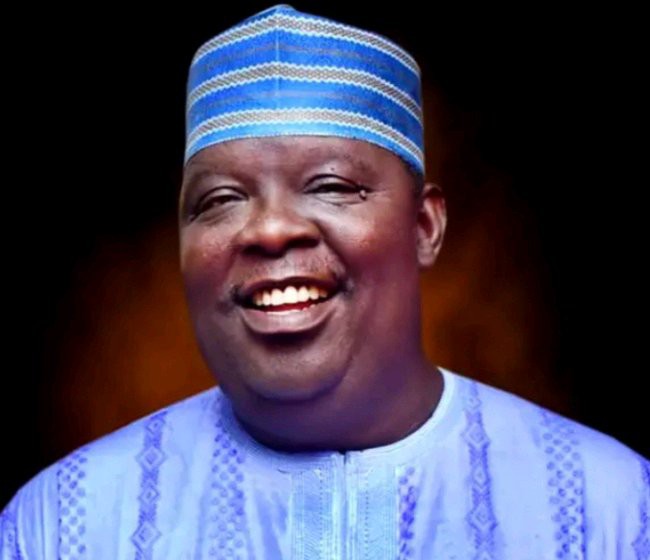In a thought-provoking interview on Mic On Podcast from 0:27, Senator Bala Ibn Na’Allah, representing Kebbi South Senatorial District, offered a critical analysis of how religious interpretations and educational deficits intersect to create social challenges in Nigeria.
“Religion played a role in this,” the senator began, before delving into specific examples of how religious practices can be misinterpreted without proper educational context. He pointed to family planning decisions: “A man who has not gone to school is told that he can marry four wives, which is allowed, and that he can have 27 to 30 children.”
The senator highlighted the lack of practical consideration in such decisions: “He is not even thinking, ‘How will I educate these 27 or 30 children? I don’t even have a house with enough rooms for them to sleep comfortably.'” Na’Allah particularly emphasized the connection between living conditions and intellectual development, noting, “And you know what comfort does for intellectual development.”
In a direct challenge to common interpretations, he stated, “So that belief is incorrect.” The senator then identified what he sees as the core issue: “The real issue is the deficit in education.”
Na’Allah concluded with a pointed criticism of leadership, though expressed with careful consideration: “Maybe, and I hope I’m wrong, the leaders did not put in place what was necessary to address this issue and provide education.”
His commentary provides a nuanced perspective on the complex relationship between religious practices, education, and social development in Nigeria. The senator’s remarks suggest that religious freedoms need to be balanced with practical considerations and supported by robust educational systems.
These insights from a senior legislator contribute to the ongoing national conversation about education reform, religious interpretation, and the role of leadership in addressing social challenges in Nigeria’s diverse society.
To Get More News, Click The Button Below.👇

